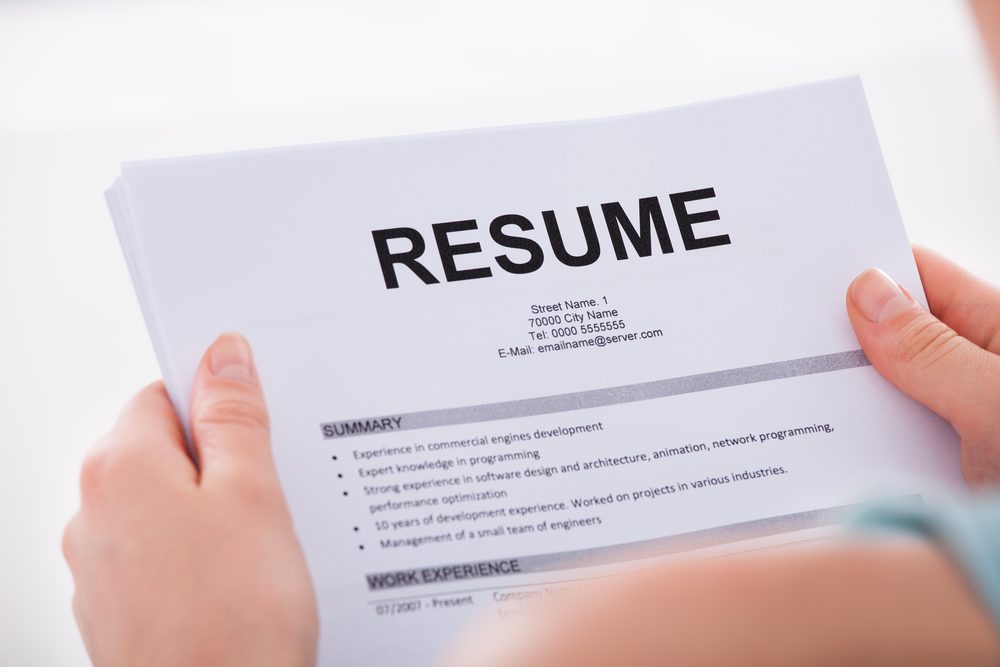What should you put on your resume and profile to get hired based on your skills?
This 3-step strategy from Careerbuilder will get you on the right path.

Think about your accomplishments differently.
Whether you’re right out of college, have a few years under your belt or are more senior in your field, you have completed projects and relied on your skills to be successful. Write down a few projects or campaigns you played a critical role in, then parse out the skills it took to get those done. You could think about communication, details and organization, logistics, problem-solving, management – these are the “how” of your work. So even if you build things all day, you likely have to liaise with vendors, contractors and other professionals to be successful, and it likely takes a combination of time management, communication and logistical organization to pull it off.
List your skills and accomplishments on your resume.
This document should serve as a highlight reel or overview of successes, rather than the journey of your professional development. All of those projects, campaigns, accomplishments and skills from the first step? Start listing those where they are relevant on your resume, either by updating one you have or build a resume in minutes with the help of AI. Typically, you’ll list your accomplishments under each job experience you have, and if you’re able to include your skills in that description, go for it! You can also list your skills in a wholly separate section.
Track progress, goals and interests in your candidate profile.
While you might only be able to squeeze in your skills on your resume, they should really shine in your profile. You should add the skill itself, of course, as well as the proficiency level, certifications and any other way you’re tackling professional development. These data points will help recruiters and hiring managers find you, better understand your accomplishments, and connect the dots between your experiences and skills.
An additional way to add personality and depth to your profile is to include your career goals. Doing this makes it crystal clear to employers where you’re trying to go and what you’re trying to accomplish, and they can see all the ways you’re working toward that with your skills and training. Listing and fleshing out your career goals also allows you to highlight the skills you do have and tell your professional story. Make sure to keep your resume and profile up-to-date and be ready for any job opportunity.
Skills-based hiring is only going to continue to grow, so make sure to maximize how you share your skillset.
Original article here.

